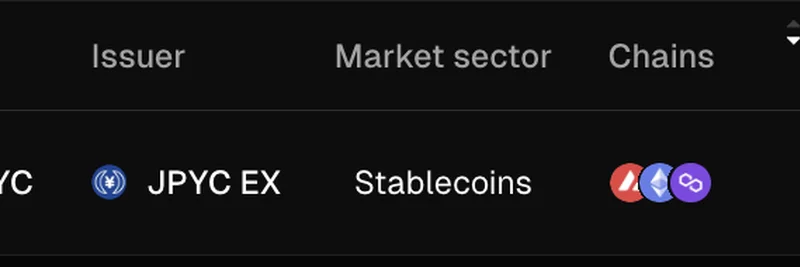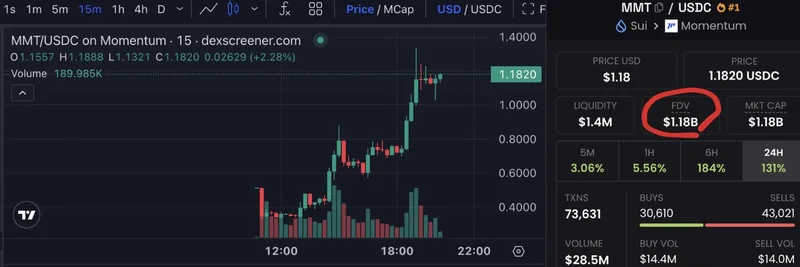In the fast-paced world of Web3, where blockchain enthusiasts trade, research, and build from anywhere with an internet connection, the debate over remote work's effectiveness is heating up. A recent exchange on X (formerly Twitter) highlights this tension, pitting traditional views on supervision against the self-driven ethos of the crypto community.
The conversation kicked off with a post from @redhairshanks86, who argued that remote work simply doesn't cut it for most people. They claimed that without office supervision, the majority slack off—developers juggling multiple jobs or working on side projects, while others shop online or hit the gym during work hours. Comparing it to why DAOs (decentralized autonomous organizations, which are blockchain-based groups without central leadership) often falter, the poster emphasized that laziness prevails without oversight.
But not everyone agrees, especially in the Solana ecosystem. Enter @sol_nxxn, a self-described "green knight on Solana" and contributor to Arcium, who pushed back with a perspective rooted in the Web3 grind. They pointed out that much of the crypto world operates remotely—trading, researching, and creating from home. The key, according to them, is the "hungry" mindset: that drive to succeed before reaching a comfortable income level. It's this ambition that draws people to Web3, knowing the potential payoffs in volatile markets like meme tokens on Solana.
This mindset resonates deeply in the meme token space, where quick thinking and constant vigilance can turn a small investment into life-changing gains. Platforms like Solana, known for their speed and low fees, enable remote creators to launch and promote tokens without ever stepping into an office. Think about it: meme coins like those inspired by viral trends thrive on community hype, often built by decentralized teams scattered across time zones.
Replies to the thread echoed similar sentiments. One user highlighted how the promise of payoff attracts motivated individuals to Web3, while another noted that hitting a "comfort plateau" is the real killer of productivity—not the remote setup itself.
At its core, this discussion underscores a shift in how we view work in blockchain. Traditional jobs might rely on bosses breathing down your neck, but in crypto, intrinsic motivation—fueled by the allure of financial freedom—often takes the wheel. For blockchain practitioners eyeing the next big meme token, staying "hungry" could be the difference between fading into obscurity and riding the wave to success.
If you're diving into Solana or exploring meme tokens, remember: productivity isn't about where you work, but why you work. Keep that mindset sharp, and the remote revolution in Web3 might just work for you.




